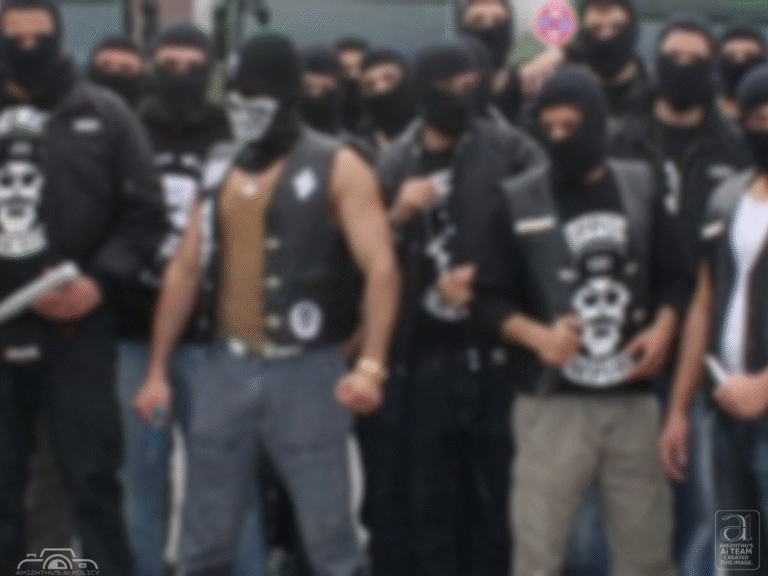Background of the Current Incident
At the gates of Chennai’s historic Ripon Building, sanitation workers staged a 13-day peaceful protest demanding the protection of their livelihood and opposing the privatization of municipal cleaning services. These workers—many from marginalized and historically disadvantaged communities—were met not with dialogue but with a midnight police assault and mass arrests ordered by the DMK government. This is not merely an act of administrative excess; it is a textbook case of state repression and a revealing moment in the political evolution of Dravidian governance.

Historical Context of Dravidian Politics
The Dravidian movement, which emerged in the early 20th century, was founded on slogans of anti-caste struggle, secularism, and social justice.
In its formative years, it positioned itself as the champion of the underprivileged, promoting economic equality and social emancipation.
However, over the decades, and especially after liberalization in the 1990s, Dravidian parties adopted elements of neo-liberal economic policies—privatization, deregulation, and the outsourcing of public services—policies they once opposed in principle.
The result has been a steady erosion of public sector protections and the transfer of essential services into private hands.
Privatization – A People-Hostile Policy
Privatization is the systematic transfer of public assets and services into private ownership. Its effects are well documented:
➊. Public services become commodified and profit-driven.
➋. Workers lose job security and are pushed into precarious, exploitative contracts.
➌. Trade unions are weakened, and collective bargaining power is diminished.
Sanitation work—one of the most fundamental municipal responsibilities—is now being outsourced to private contractors in Tamil Nadu. This means:
Workers lose permanent employment and associated benefits.
Wages are often cut, and working conditions deteriorate.
The Present-Day DMK – From Rhetoric to Repression
The DMK, while publicly denouncing the BJP-led Union government’s privatization agenda, is implementing the same model within Tamil Nadu.
Chief Minister M.K. Stalin frequently invokes the phrase “social justice” in speeches, but his administration’s treatment of sanitation workers betrays a stark disconnect between rhetoric and action.
The midnight arrests, the dispersal of detainees to eight different locations, and the use of physical violence—including assaults on activists such as Valarmathi and Nilavumozi Senthamarai—are signs not of democratic engagement, but of fascist governance in practice.
The Political Consciousness of the People
This incident compels a deeper reflection on the nature of Tamil Nadu’s governance:
The so-called “Dravidian Model” that once claimed to represent the aspirations of the working poor has, in practice, become an instrument of neo-liberal capitalism.
The indigenous Adithol communities—who literally built Chennai with their blood and sweat—now find themselves denied even the most basic employment security in the very city they constructed.
History’s Warning
History repeatedly shows that governments that suppress legitimate public demands inevitably face a backlash from the people. The sanitation workers’ struggle is not just an industrial dispute—it is a litmus test for the relationship between state and citizen.
Conclusion
The DMK government’s violence against sanitation workers has shattered the illusion of a people-friendly Dravidian Model. The fight against privatization is no longer only about the terms of employment—it has become a battle for the survival of democratic rights.
When the people fully grasp this truth, the arrogance, authoritarianism, and duplicity of the ruling establishment will collapse under the weight of public resistance.

Author
Eelaththu Nilavan
(Historical and Political Researcher)
14/08/2025
The views expressed in this article are the author’s own and do not necessarily reflect Amizhthu’s editorial stance.




